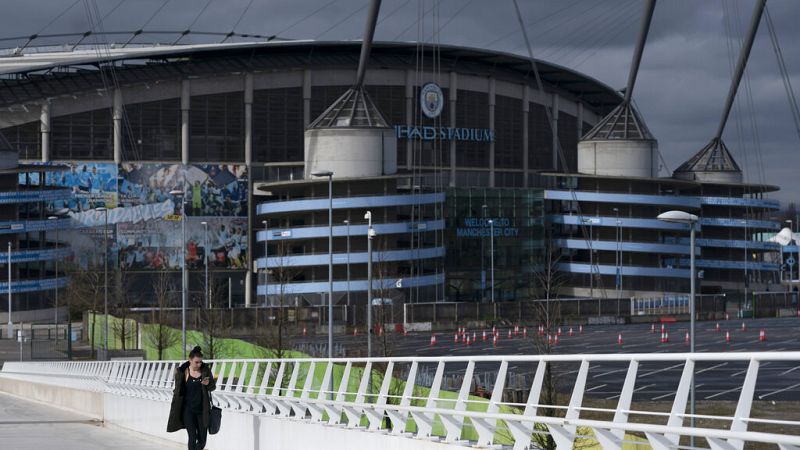Is owning multiple football clubs damaging the game?

Multi-football club ownership is becoming increasingly controversial. In the modern era, companies controlling and investing in more than one club is the new trend, and it's splitting opinion in the football world.
The model allows football clubs to share resources, develop talent, and align strategies across different leagues and countries.
Elite clubs, particularly in Europe, want to develop young players but can only sometimes offer them the game time they need to reach their potential. Acquiring a secondary club allows the owners to send their youth talent on loan to further their development.
There are many famous examples of multi-club models. The most notable is the City Football Group. Manchester City is a success in its own right, but it is helped by a network of support clubs around the globe that scout talent and contribute to its revenue.
The system works well until problems arise and football clubs owned within the same group qualify for the same continental competitions. This potentially creates a conflict of interest. In Europe, the football governing body UEFA has recently relaxed its rules slightly, but others within the game are calling for tighter restrictions on this issue.
The multi-club ownership concept has quickly taken hold in football, and the debates surrounding it show no sign of slowing down.

